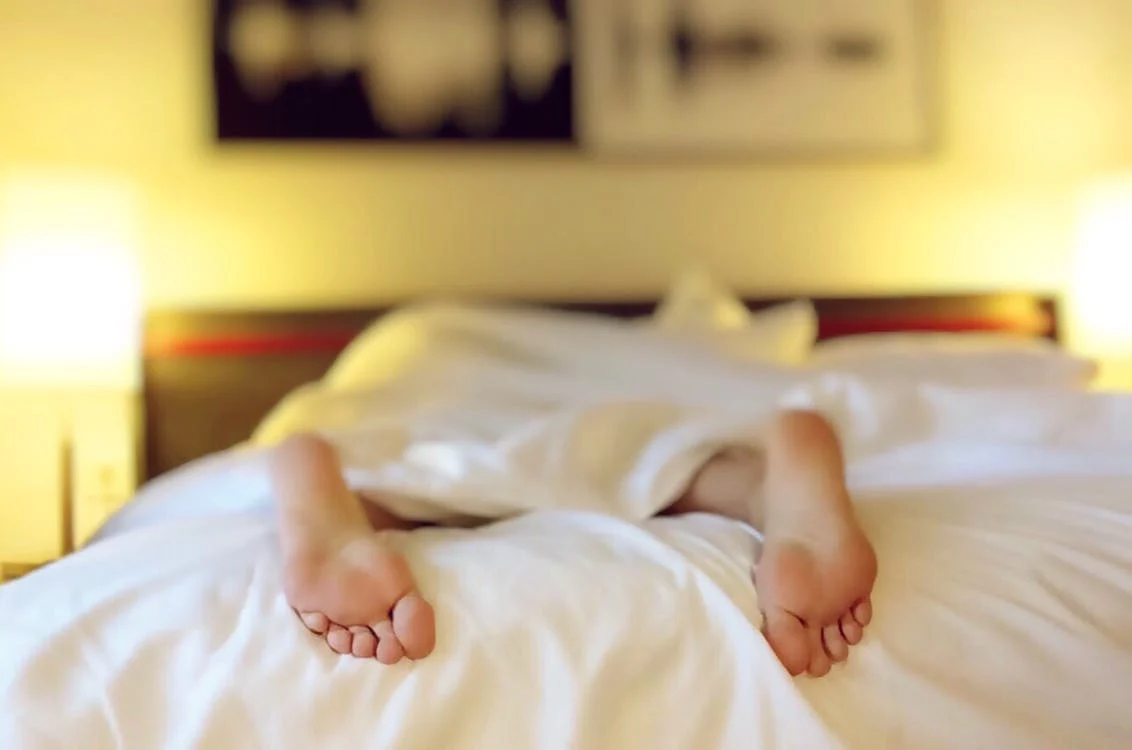Are you tired of tossing and turning in your bed at night? There may be a few ways to improve the quality of your sleep. Sleep has a direct impact on your physical and mental health. If you don’t receive enough of it, you may have low energy levels. Lack of sleep can also affect your weight and emotional balance. Here are a few tips to sleep deeper at night and feel lighter during the day.
1. Get In Sync With Your Natural Sleep Cycle
Being in sync with the natural sleep-wake cycle of your body is essential. If you maintain a regular schedule, you are likely to sleep better. You will wake up feeling fresh and energized. Even when you change your schedule by a few hours, your goal should be to keep it roughly the same.
Try going to bed and waking up at roughly the same time every day. That way, your internal clock can optimize your sleep quality. Pick a bedtime when you typically feel tired to avoid tossing and turning. After a while, you will be able to wake up without an alarm.
Do not sleep in the evening if you won’t be having a busy day. If your weekday/weekend routines are very different, it may compromise the quality of your sleep. Consider taking a short daytime nap if you hope to compensate for a late night. It would be best to limit afternoon naps to 15-20 minutes.
2. Clear Your Head
Your bedtime is for sleeping, not handling your residual stress. If you often feel stressed or worried when in bed, you probably don’t have the best sleep. You can improve your sleep quality by winding down and clearing your head before you sleep.
Consider creating a relaxing bedtime ritual. It can include activities like listening to soft music, dimming your lights, and taking a relaxing bath. If your brain is overstimulating in the day, find a way to slow it down in the evening.
3. Change Your Bedroom Furniture and Bedding
Getting high-quality sleep is much more complicated than changing your habits. You may also need to change your bedroom bedding and furniture. Modern bedroom furniture promotes comfort and relaxation. While there is a lot to consider with bedroom bedding and furniture, the biggest considerations include comfort and ease.
When buying bedding, go for the best option you can afford. After all, the average person spends 1/3 of their life in bed. Choose a firm mattress and thin pillow. It is important if you have back pain.
4. Minimize Exposure to Light
Controlling exposure to light could help you sleep better. Melatonin, a naturally occurring hormone, regulates your sleep cycle, the hormone controlled by light. The human brain secretes melatonin in the dark, making it possible to sleep soundly. When exposed to light, it produces limited melatonin, hence keeping you awake. Expose yourself to bright sunlight during the day, but minimize light sources when you wish to rest. When you wake up, go to the best-lit room in your house to promote mental alertness.
Minimize the use of light screens two hours before your bedtime. The blue light from computers, TVs, and phones can be very disruptive. When you need to sleep, keep your room dark. Install dim nightlights in your bathroom and hallway.
5. Exercise
Some physical activity during the day will help you sleep better at night. Regular exercise alleviates symptoms of sleep apnea and insomnia. It improves your time in deep, restorative sleep.
Usually, vigorous exercise translates to powerful sleep. However, even a few minutes of the lightest exercise can be helpful. Be patient with exercise, as it may be a few months before you start enjoying the full benefits of exercise on your sleep. It promotes metabolism, stimulates hormones like cortisol, and boosts body temperature.
Be careful as exercising too close to your bedtime can interfere with your sleep. Try completing moderate to intense exercise at least three hours before you sleep.
6. Improve Your Sleep Environment
Consider working on your sleep environment. Even the tiniest changes to your sleep environment can significantly affect the quality of your sleep. Ensure that your sleep area is free of dirt, clutter, and noise. If it is impossible to make the noise from other members of the household or traffic, consider masking it with earplugs, a fan, or a sound machine.
The temperature in your bedroom should be about 65 degrees F with enough ventilation. Ensure that the bedding is comfortable and there are no distractions.
Sleep is essential for both your physical and mental health. However, lots of factors can interfere with it. From stress to a bad mattress or brightly lit mattress, it is no surprise that quality sleep is elusive. Consider seeing a doctor if you have made all the necessary changes but still have trouble sleeping.
